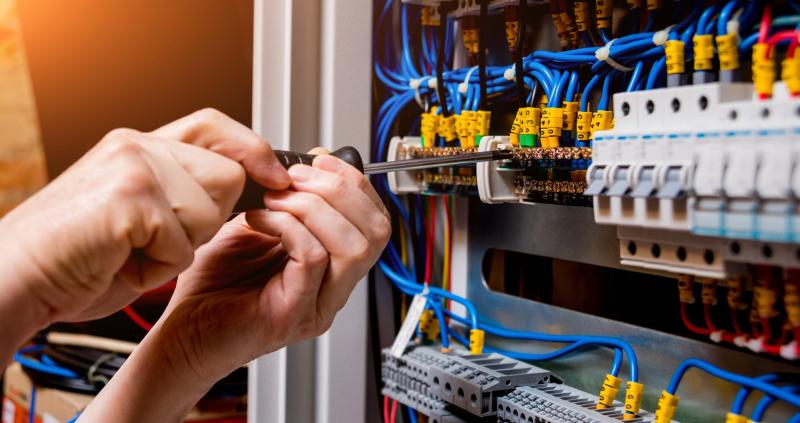Rise of Electrical Industry
India’s electrical industry has grown immensely in the past few decades. With rapid urbanization and industrialization, the demand for electricity has increased dramatically across the country. Both public and private sector companies have made huge investments in power generation, transmission and distribution. New power plants using technologies like coal, natural gas, hydro, solar and wind have come up. The transmission network carrying power from generation units to substations and households has been expanded. To ensure reliability of electrical infrastructure and safety of consumers, electrical testing services have become crucial.
Need for stringent quality control
As electricity is integral to our daily lives and powers many crucial industries, it is important that the highest safety standards are maintained. Any faults or lapses can potentially lead to accidents, fires or disruptions. With an aging network and growing pressure on the grid, risks need to be minimized. Regular India Electrical Testing Services and monitoring are essential to detect defects, replace worn out components and certify new installations meet regulations. This requires certified laboratories with modern equipment and skilled technicians. Third party auditing further enhances quality oversight across the sector.
Range of electrical testing activities
Electrical testing labs conduct a wide array of tests to verify performance, endurance and safety compliance. Some common tests include:
– Insulation Testing: Checks insulation resistance of cables, switchgear, motors and other live equipment to prevent short-circuits and electrocution risks. Withstands high voltage surges.
– Protection Device Testing: Tests circuit breakers, relays, fuses and earthing systems to validate correct functioning under fault conditions.
– Power Quality Testing: Monitors parameters like voltage regulation, harmonic distortion and power factor to maintain standards.
– Thermographic Testing: Uses infrared cameras to detect overheating joints, loose connections or corroded parts to avert failures.
– High Potential (Hipot) Testing: Applies high voltage for a set time to verify insulation integrity of new installations before commissioning.
– Ground Resistance Testing: Measures earth resistance of systems to effectively discharge over-voltages to ground. Prevents equipment and human damage.
Advancements in testing methods
With research and new technologies, testing has become more advanced, efficient and accurate over the years. Traditional destructible testing is replaced with non-destructive methods like thermography, ultra-sonic, partial discharge and dye penetration. On-line monitoring systems track parameters continuously without interrupting operations. Portable precision instruments automate several tests. Robotics and AI are aiding data analysis from complex power facilities. These developments have stepped up reliability, reduced costs and maximized safety more than before.
Government regulations driving development
India has instituted clear-cut legal standards and certification requirements through agencies like BIS and CEA. Adhering to these is obligatory for electrical contractors, developers, manufacturers and operators. Amendments are regularly made factoring evolving hazards. Recent initiatives like 24×7 ‘Power For All’ emphasize performance, emission cuts and network modernization. Such directives mandate periodic condition assessments, maintenance routines, up-gradation projects and reporting of test results. Compliance is closely monitored to strengthen the regulatory ecosystem.
Rise of independent electrical testing organizations
To meet the burgeoning need, numerous testing labs have started across India over the years. These can be classified into three types – in-house set-ups of utilities and manufacturers, testing divisions of engineering consultancies and stand-alone independent testing companies. Major metropolitan areas like Delhi, Mumbai, Chennai, Kolkata, Bengaluru host internationally-accredited full-service labs equipped with advanced equipment and skilled manpower for all sorts of electrical, electronic and energy tests. Proximity to industrial zones and projects has benefited their growth. Established organizations ensure accurate, timely, trusted and cost-effective compliance and quality assurance services to clients nationwide.
*Note:
1. Source: Coherent Market Insights, Public sources, Desk research
2. We have leveraged AI tools to mine information and compile it




